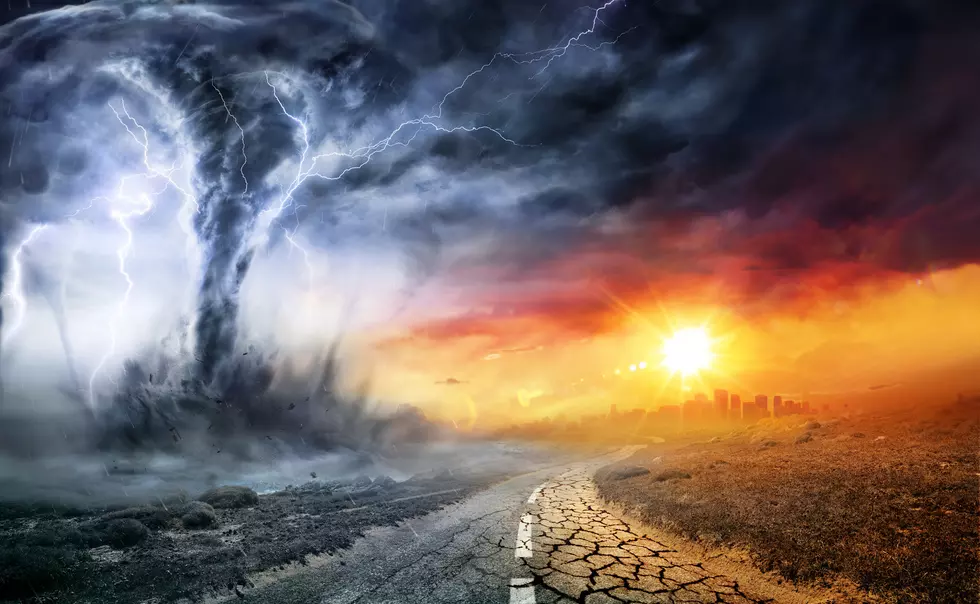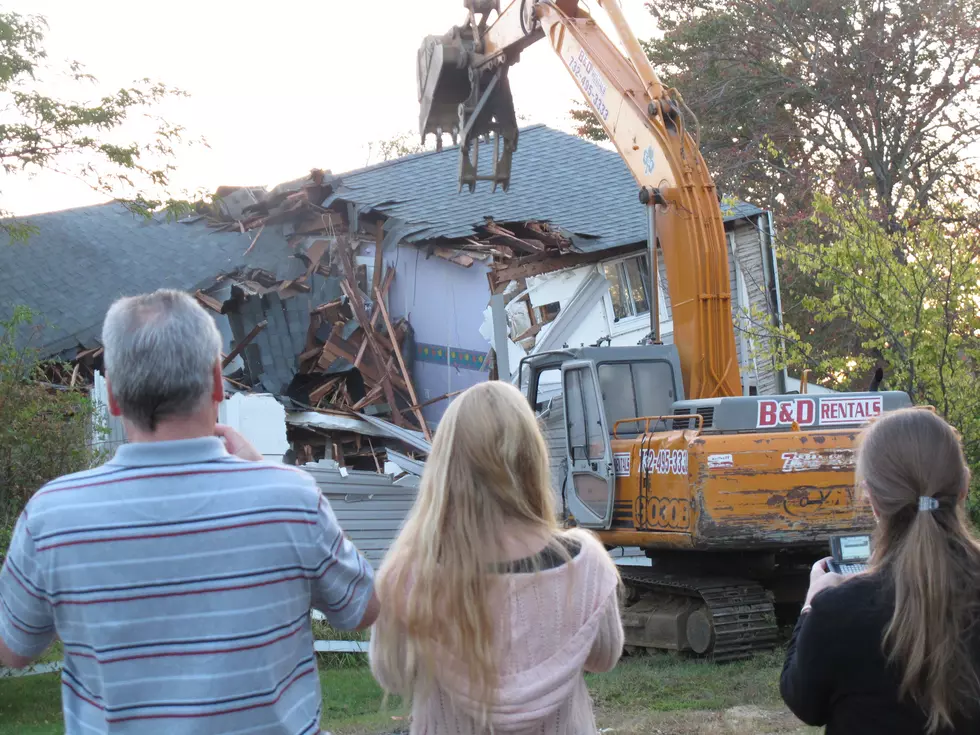
Most NJ residents say climate change is real and support taking action
With the 10-year anniversary of Superstorm Sandy coming up tomorrow, and more than a year out from Hurricane Ida, a new poll finds the vast majority of New Jerseyans believe the Earth’s climate is changing and they’re concerned about how it will impact their lives.
According to Ashley Koning, the director of the Rutgers-Eagleton poll, a just-released survey finds 78% of New Jersey residents believe in climate change.
"Almost the same number see changing climate conditions as a serious, a very serious or somewhat serious threat; two thirds say they see extreme flooding happening more often.”
She said the poll also finds many New Jerseyans feel positive about how the state is preparing for extreme weather events: 14% say the state will be very prepared, and 62% say somewhat prepared for major storms.
It's a key issue
She pointed out “among registered voters nearly 7 in 10 say the issue is very (41%) or somewhat (27%) important to their vote in November when it comes to the Earth’s changing climate.”
Koning said the poll also finds large majorities of New Jersey residents support a wide range of issues in response to climate change.
“Things like requiring real estate transactions to disclose flood vulnerability (91%), reinforcing infrastructure (89%), investing in natural systems (88%), creating regulatory systems for development and redevelopment (84%)” she said.
Be prepared
She said the survey also finds New Jerseyans support “requiring homeowners and business owners in risky areas to buy insurance for flooding (66%) and requiring investments with state and federal dollars to take into account resiliency measures (63%).”
The poll also finds 80% of respondents believe state government should be required to include specific plans for infrastructure to withstand changing climate conditions and extreme weather events.
She pointed out “another 43% of residents say the government should try to reduce greenhouse gases voluntarily with incentives, while 26% say the government should impose limits on the sources of greenhouse gases.”
“When it comes to achieving net zero with carbon emissions, 68% say New Jersey should commit to reducing carbon emissions to a net zero goal by the middle of the century," Koning said.
The poll also finds 62% support the government helping low and middle-income residents in flood-prone areas rebuild or relocate, while 37% support helping upper-income residents do so.
In addition, 26% of New Jerseyans say state government should prohibit building or rebuilding in flood-prone areas, 22% believe state government should encourage people not to build or rebuild with financial incentives, 27% say the state should do both while 21% say the state should do neither.
Who should pay?
But when it comes to paying to increase resiliency efforts, a majority of Garden State residents don’t think it should be them.
Koning said the poll finds "68% say the federal government should pay a major share, 59% say companies that generate power using fossil fuels should pay a major share of additional costs in the future.”
Meanwhile, “55% say the same about the state government paying, and 23% say companies that generate power without using fossil fuels should have a major share.”
About 45% say upper-income residents in flood zones should pay a major share.
Koning noted 54% of residents prefer to continue funding roads, bridges, and government buildings at the current cost, and 39% would be willing to pay a little more in taxes to make these structures better able to withstand severe weather events.
Get ready to pay more
The survey also finds 76% of residents think it is likely they will have to pay more for consumer goods and services because of climate change, 75% believe they will have to pay more in utility bills, and 70% expect to have to pay more in property taxes. 75% think the state will have to increase funding for disaster relief in order to be able to pay for disasters and extreme weather events.
The results are from a statewide poll of 1,002 adults contacted by live interviewers on landlines and cell phones from Oct. 14 to Oct. 22. The full sample has a margin of error of +/- 4.0 percentage points.
David Matthau is a reporter for New Jersey 101.5. You can reach him at david.matthau@townsquaremedia.com
Click here to contact an editor about feedback or a correction for this story.
10 years later — Sandy makes landfall in New Jersey
LOOK: The most expensive weather and climate disasters in recent decades
Each State in America and Their Favorite Type of Cereal...
More From New Jersey 101.5 FM









